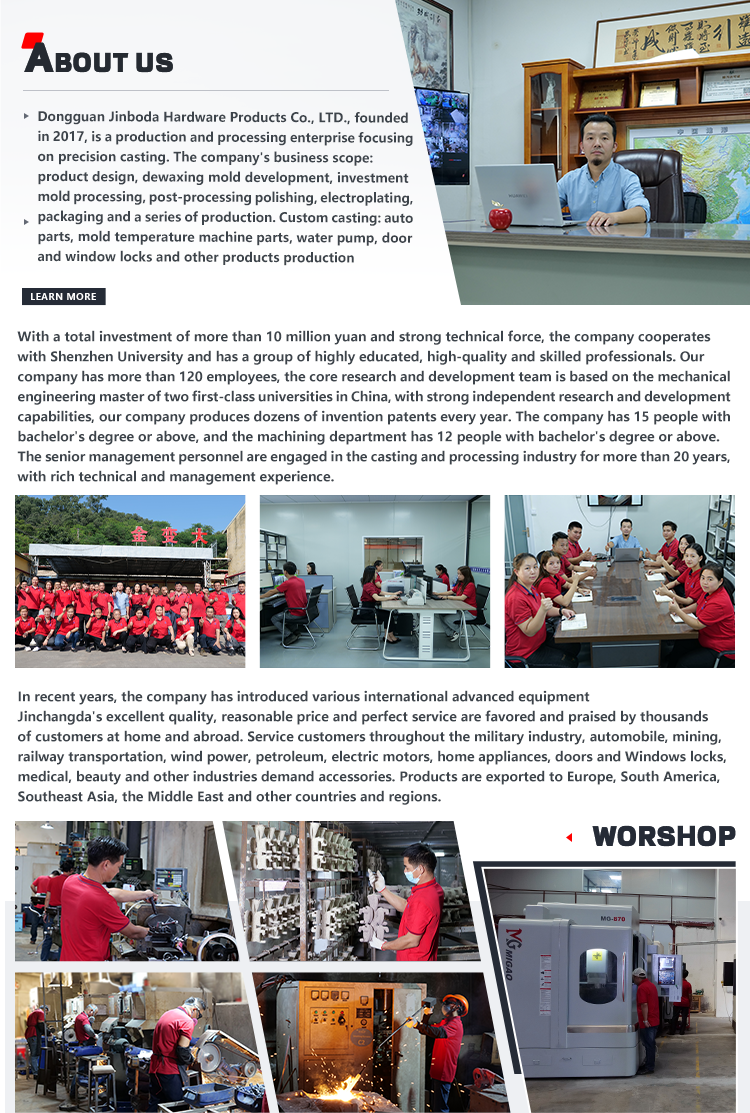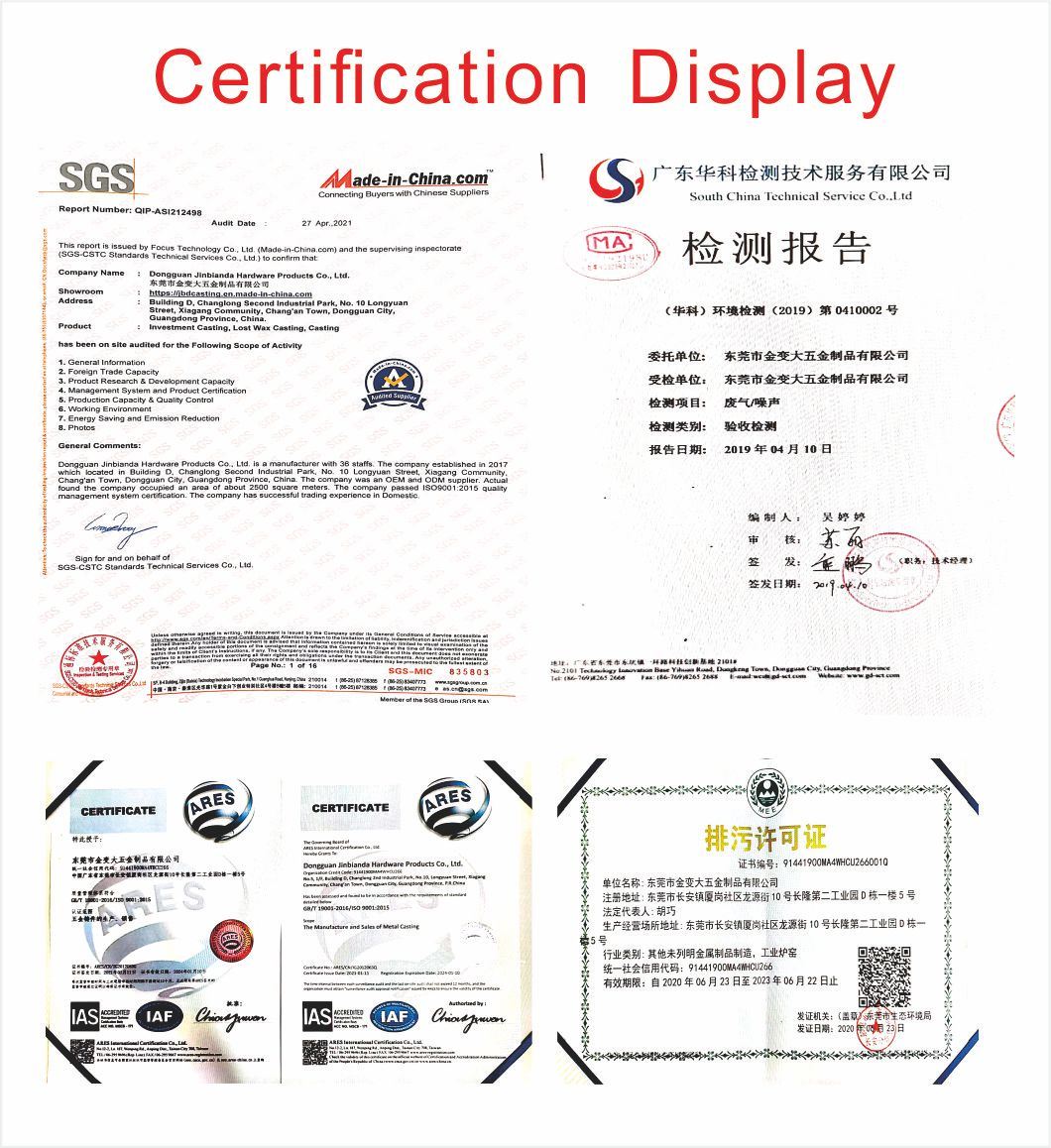




Precision casting has revolutionized the way automotive components are manufactured.
In the production of automotive electrical connectors, precision casting ensures the accurate formation of the connector pins and housings. The precise dimensions and good electrical conductivity of the cast connectors are essential for reliable electrical connections in the vehicle's wiring systems. This helps to prevent electrical failures and ensures the proper operation of various electrical components, such as sensors, actuators, and control modules.
The manufacturing of automotive cooling system components, such as water pump housings and radiator tanks, also benefits from precision casting. The ability to create complex geometries and internal channels in these components allows for efficient coolant flow and heat transfer. The high dimensional accuracy and good sealing properties of the cast parts contribute to the overall performance and reliability of the cooling system, preventing overheating and ensuring the longevity of the engine and other components.
Precision casting is also used in the production of automotive seat frames. The frames need to have the right strength and rigidity to support the occupants safely. Precision cast seat frames can be designed with optimized geometries and material properties, providing both comfort and safety. The ability to produce lightweight yet strong seat frames through casting helps to reduce the overall weight of the vehicle, which is beneficial for fuel efficiency and performance.
Furthermore, precision casting is applied in the production of automotive fuel system components, such as fuel pump housings and fuel rails. The precise internal dimensions and surface finishes of these castings are crucial for the proper delivery and metering of fuel. This ensures the efficient operation of the fuel system and helps to meet the strict emissions and performance requirements of modern vehicles.
In conclusion, precision casting is an essential part of the automotive industry, contributing to the production of high-quality, reliable, and efficient components that enhance the overall performance and safety of vehicles.

































